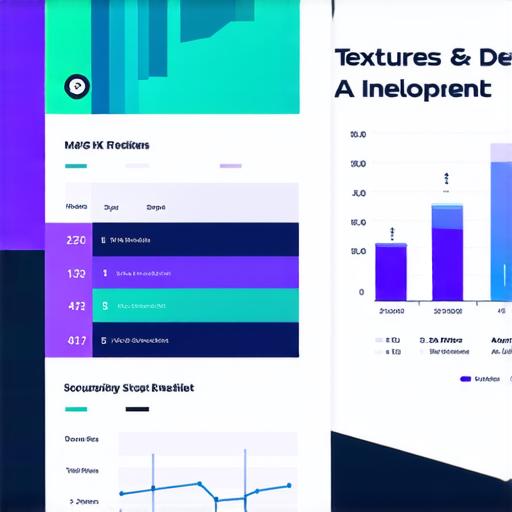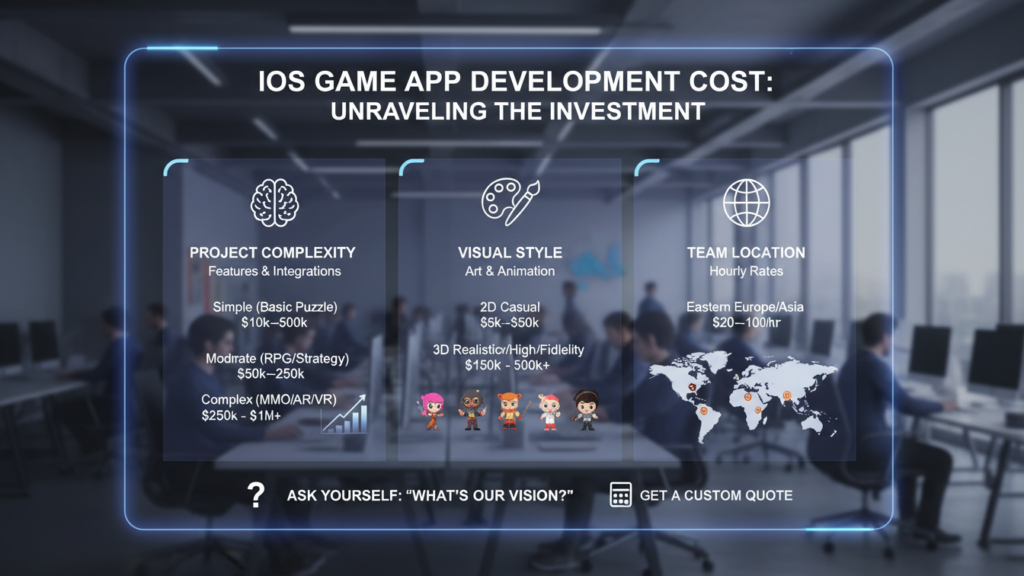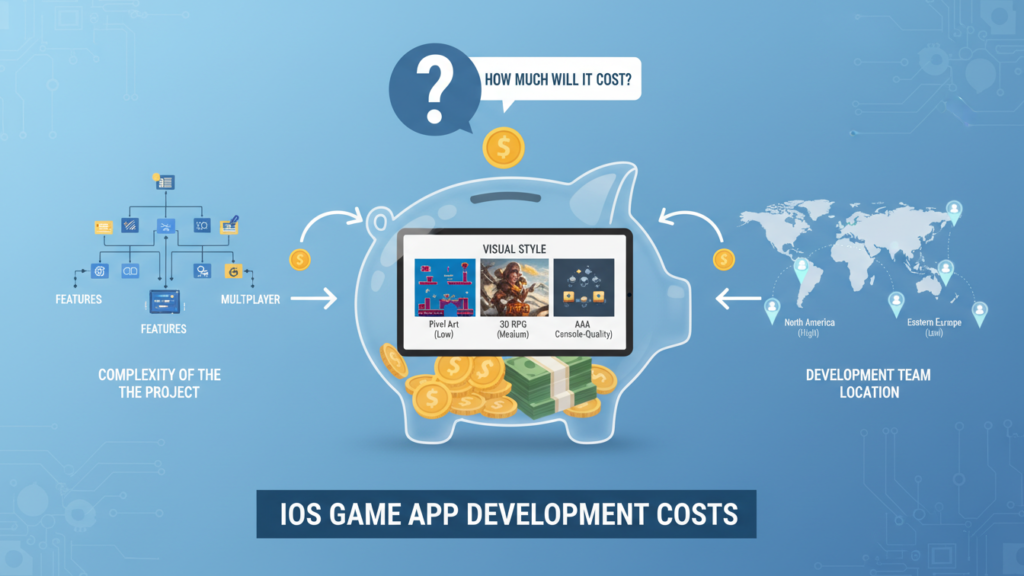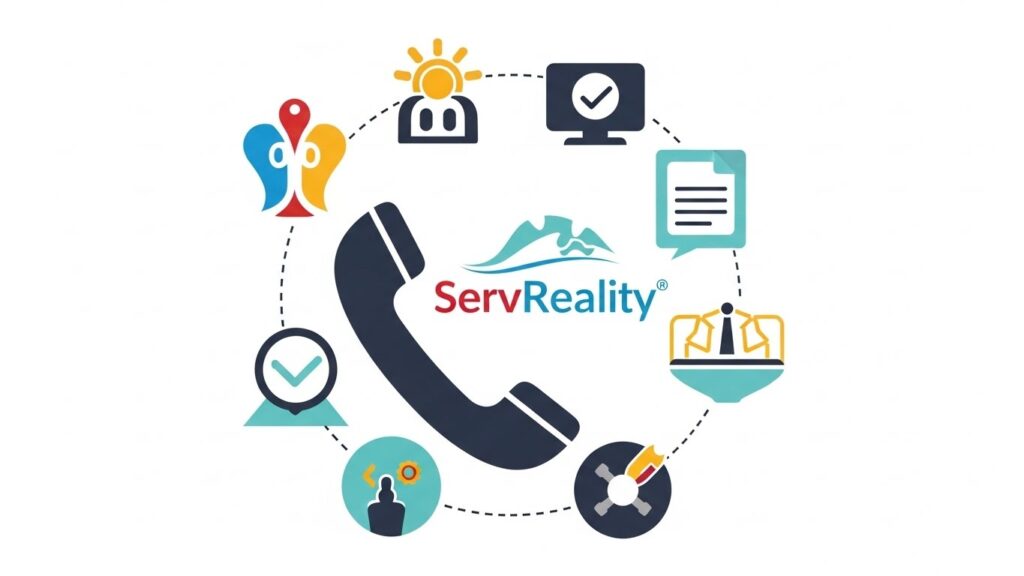Data Quality: The Backbone of Any AI Model
Data is the backbone of any AI model, and its quality determines the accuracy and effectiveness of the model. Developers must ensure that their data is clean, relevant, and diverse enough to train their models. Poor-quality data can lead to inaccurate predictions, biased results, and even failed models. Therefore, it’s crucial to invest time and resources in collecting and preprocessing high-quality data.
Model Selection: Choosing the Right Model for Your App
There are various machine learning models available for developers to choose from, each with its strengths and weaknesses. The choice of model depends on the problem being solved, the type of data available, and the desired outcome.
For instance, a decision tree model is suitable for classification problems, while a neural network is more suitable for complex, non-linear problems such as image recognition or natural language processing. Developers must have a good understanding of their specific use case to select the appropriate model.
Another factor to consider when selecting a model is its interpretability. Some models, such as decision trees, are easier to interpret than others, making them more suitable for applications where transparency and accountability are important, such as healthcare or finance.
Ethical Considerations: Ensuring AI Apps Are Responsible
The use of AI app development also raises ethical concerns that developers must consider. One of the main ethical concerns is bias, which can creep into models if the dataset used for training contains biased data. This can lead to discrimination and unfair treatment of certain groups of people.
Another ethical consideration is privacy. Developers must ensure that their apps do not collect or use sensitive personal information without consent. They must also have appropriate security measures in place to protect user data from unauthorized access or misuse.
Regulatory Compliance: Ensuring AI Apps Meet Legal Requirements
AI app development is subject to various legal and regulatory requirements, depending on the industry and use case. Developers must ensure that their apps comply with these regulations to avoid legal action or reputational damage.
For example, in healthcare, AI apps must comply with HIPAA regulations, which protect patient privacy and security. In finance, AI apps must comply with regulations such as GDPR or CCPA, which govern data collection and use.
Real-Life Examples: The Impact of AI App Development
AI app development has had a significant impact on various industries and use cases. One example is the development of self-driving cars. These cars rely heavily on AI algorithms to navigate roads safely and efficiently. However, they also raise ethical concerns such as responsibility in case of accidents and privacy concerns related to the collection of personal data.
Another example is the use of AI in healthcare. AI-powered apps have been developed for diagnosing diseases, predicting patient outcomes, and improving patient care. These apps have the potential to revolutionize healthcare by providing more accurate and efficient diagnosis and treatment. However, they also raise ethical concerns related to patient privacy and bias in the dataset used for training.
FAQs: Answering Common Questions About AI App Development
Q: What is the difference between supervised and unsupervised learning?
A: Supervised learning requires labeled data, while unsupervised learning does not. Supervised learning is suitable for classification or regression problems, while unsupervised learning is suitable for clustering or anomaly detection.
Q: How do I ensure that my AI model is transparent and explainable?
A: You can use techniques such as feature importance analysis, decision trees, or rule-based systems to make your models more interpretable. You should also document your methodology and assumptions to enable others to understand how the model works.

Q: What are the legal requirements for AI app development in the European Union?
A: In the EU, AI apps must comply with the General Data Protection Regulation (GDPR) and the European Union’s Artificial Intelligence Act, which is still under development. Developers should also be aware of other local regulations that may apply to their specific use case.
Conclusion
AI app development is a rapidly growing field that offers many benefits for various industries and use cases. However, developers must have a solid understanding of the technology and its applications to develop effective and ethical AI apps.



